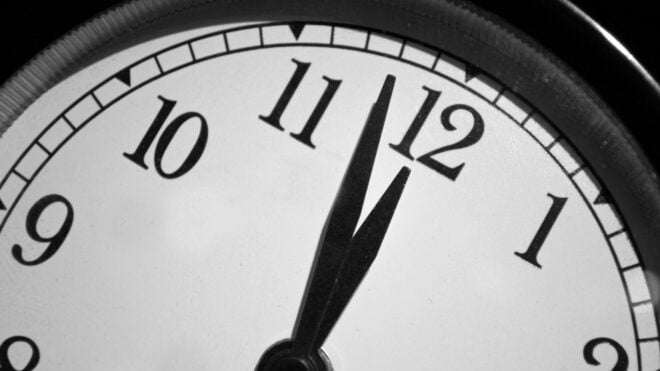Have you ever stood up and felt dizzy immediately? I know I have, and the experience can be alarming.
I’ve always shrugged it off as another one of those weird but harmless things my body just does, like always sneezing two times in a row or getting those little white dots on my nails…
But did you know that these seemingly innocent bodily experiences can be the warning signs of a deeper health condition?
In an effort to bring you information to benefit your health and well-being, we here at LittleThings took an exclusive look at dizziness, and what it could mean for your body.
However, just because you get dizzy after standing up doesn’t mean you’re going to become fatally sick. There are a number of other causes for lightheadedness, which we break down for you below.
Do you often experience dizziness at unexpected times? Let us know in the comments below!
What exactly happens when you get dizzy after standing up?
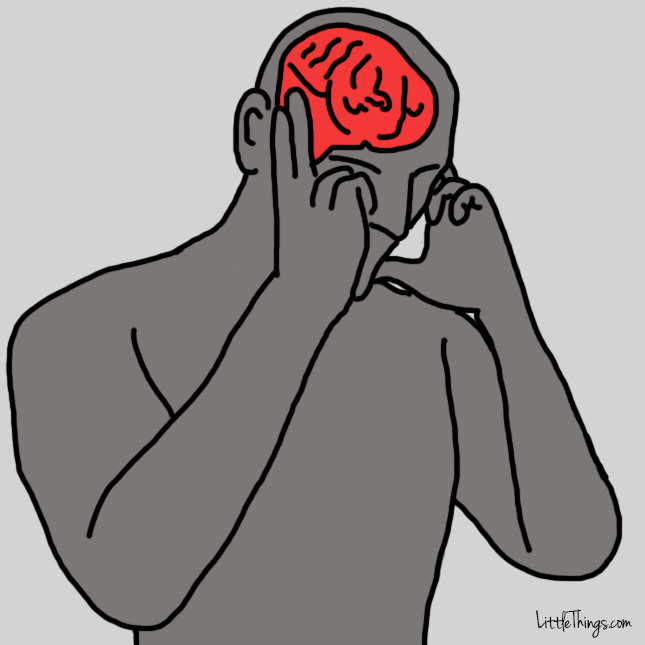
The medical term for dizziness after standing up is "orthostatic hypotension," or OH.
After you stand up, you experience a gradual drop in blood pressure and the dizziness "suggests the nervous system is failing and isn't maintaining blood pressure while you're standing," said lead author Dr. Christopher Gibbons, an associate professor of neurology at Harvard Medical School in Boston, who did a 10-year study with people who have the condition.
Approximately 64 percent of people suffering from OH died during this study. In comparison, only nine percent of the people who didn’t have OH died in that 10-year period.
But again, just because you get woozy when you stand up isn't necessarily cause for alarm; it can also be because of many other benign reasons.
Dizziness Cause #1: You're dehydrated.
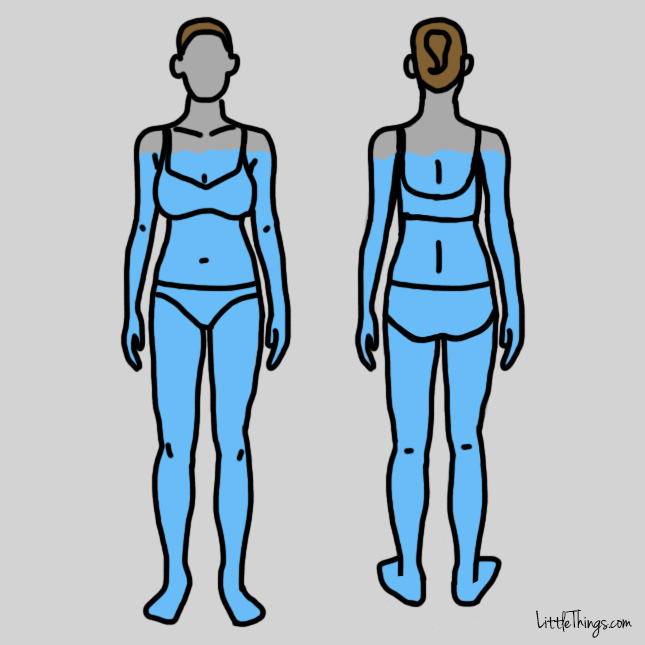
OH can be the result of a few pretty benign things — and one of the most common is dehydration, which occurs when you have decreased blood volume due to too little water.
Keep in mind that on average, adult men are about 60 percent water and adult women are 55 percent, according to the U.S. Geological Survey. That means if you weigh between 120 to 150 pounds, you should be drinking 60 to 70 ounces of water a day (or four water bottles). If you’re between 160 to 190 pounds, it should be 80 to 90 ounces (or 5 bottles of water per day).
If you’re not drinking that amount, dizziness can easily occur.
Dizziness Cause #2: It's a symptom of a drug you're taking.
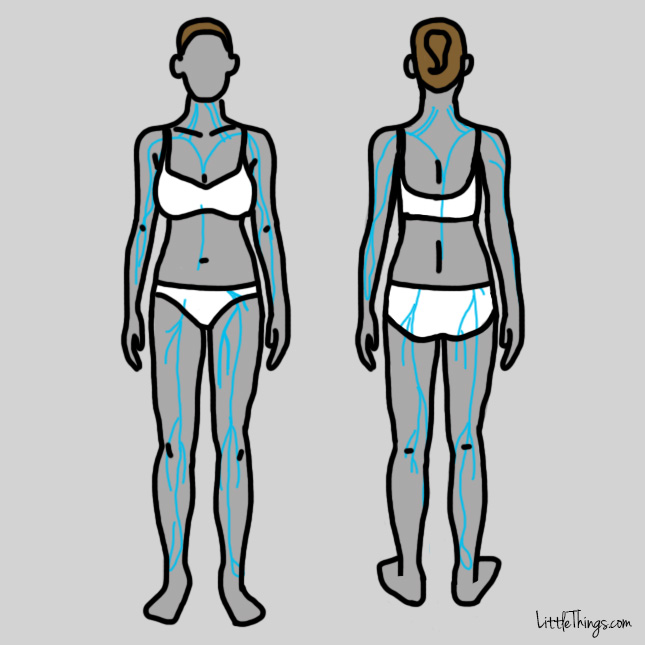
According to Mayo Clinic, the usual suspects include medications for depression, seizures, blood pressure, and sedatives.
Diuretics, ACE inhibitors, and beta blockers can also make someone dizzy.
If you are experiencing dizziness after standing and are taking medication for any of these reasons, talk to you doctor immediately and make sure that your lightheadedness is due to the medication and not something more alarming.
Dizziness Cause #3: You’re getting older.
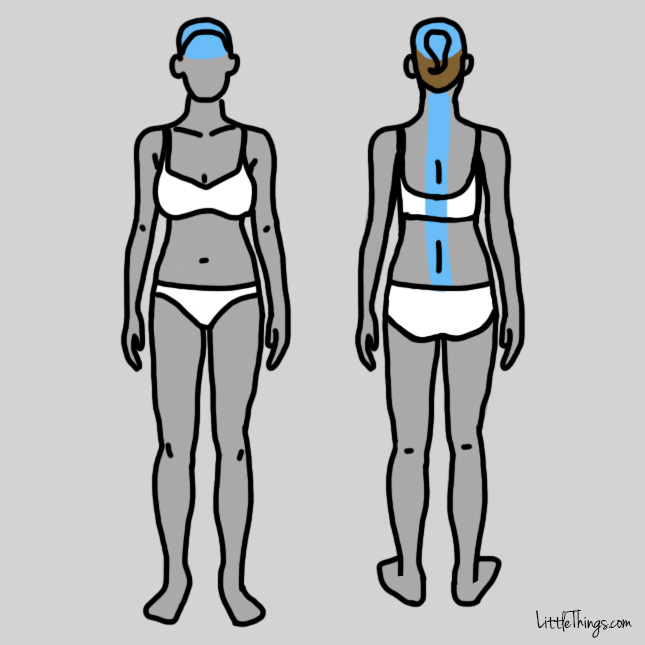
Most adults over the age of 60 experience dizziness more often. This is due to a decrease of balance that comes with age.
According to the Vestibular Disorder Association, good balance relies on “sensory input from the individual’s vision, vestibular system (the balance system of the inner ear), and proprioceptors (sensors of position and movement in the feet and legs).”
Because one is prone to a variety of diseases like cataracts, glaucoma, diabetic retinopathy, arthritis, or diseases of bones and muscles, and macular degeneration that affect these systems, their balance gets shaky.
Dizziness Cause #4: You have a thyroid problem.
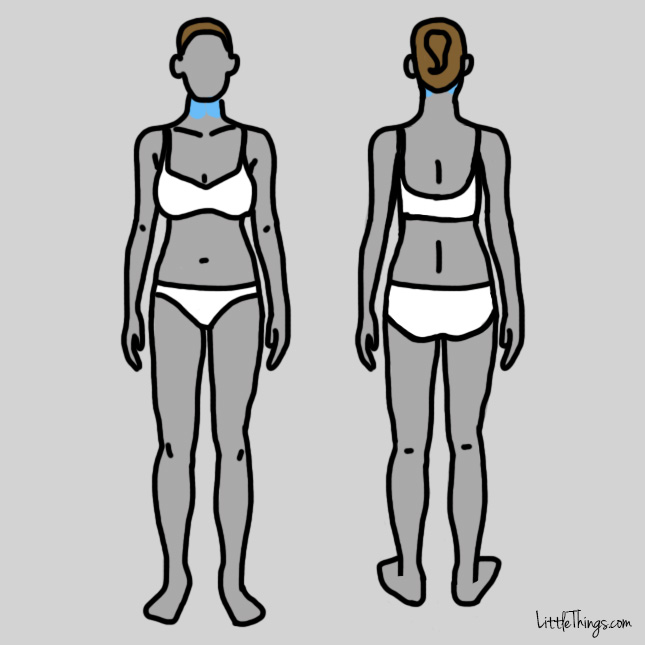
Your thyroid is located in the front of your neck and is shaped like a butterfly. It’s hard to believe that such a tiny thing in your body can have so much influence.
If your thyroid becomes overactive, it produces too much of the thyroid hormone, thus developing hyperthyroidism. Oppositely, your thyroid can become under-active, developing too little thyroid hormone, thus developing hypothyroidism.
Dizziness is a sign of a thyroid problem.
If you are having feeling symptoms like depression, constipation, hair loss, sudden weight gain, muscular pain, and loss of sexual interest, you may want to ask your doctor about getting your thyroid checked.
Dizziness Cause #5: You have hypotension.
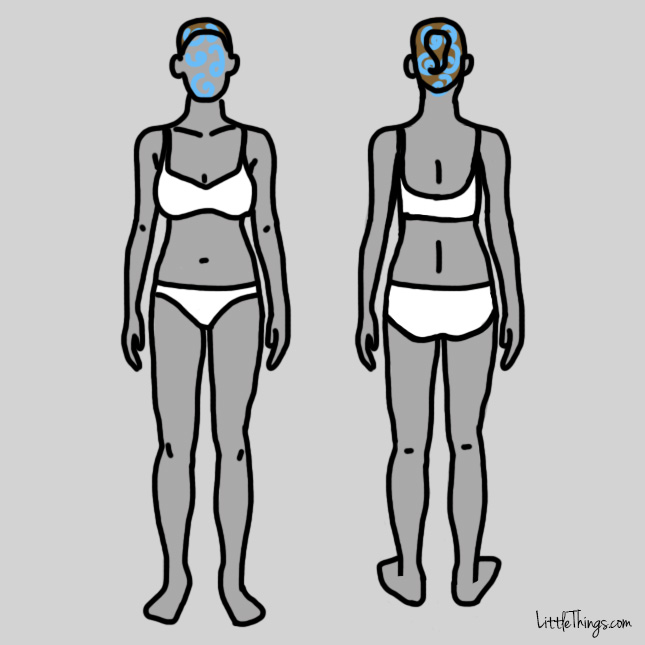
Low blood pressure is less than 90/60, and the medical term for low blood pressure is hypotension.
In Dr. Gibbon’s study, researchers reviewed the medical records of 230 people who underwent testing in 2002 and 2003 to see if their bodies were properly regulating their blood pressure and heart rate.
Ten-year follow-up data was available for 165 of these people. Of the patients who started the study with OH, 64 percent of them died by the 10-year follow up.
What is also disturbing is that 35 percent of the patients who started the study with OH developed a degenerative brain disease such as Parkinson's or dementia, by the 10-year follow-up.
"Doctors need to be aware that a drop in blood pressure associated with dizziness could signify a serious problem, and additional evaluation may be necessary," said Gibbon.
Please SHARE this vital information with everyone you love!



